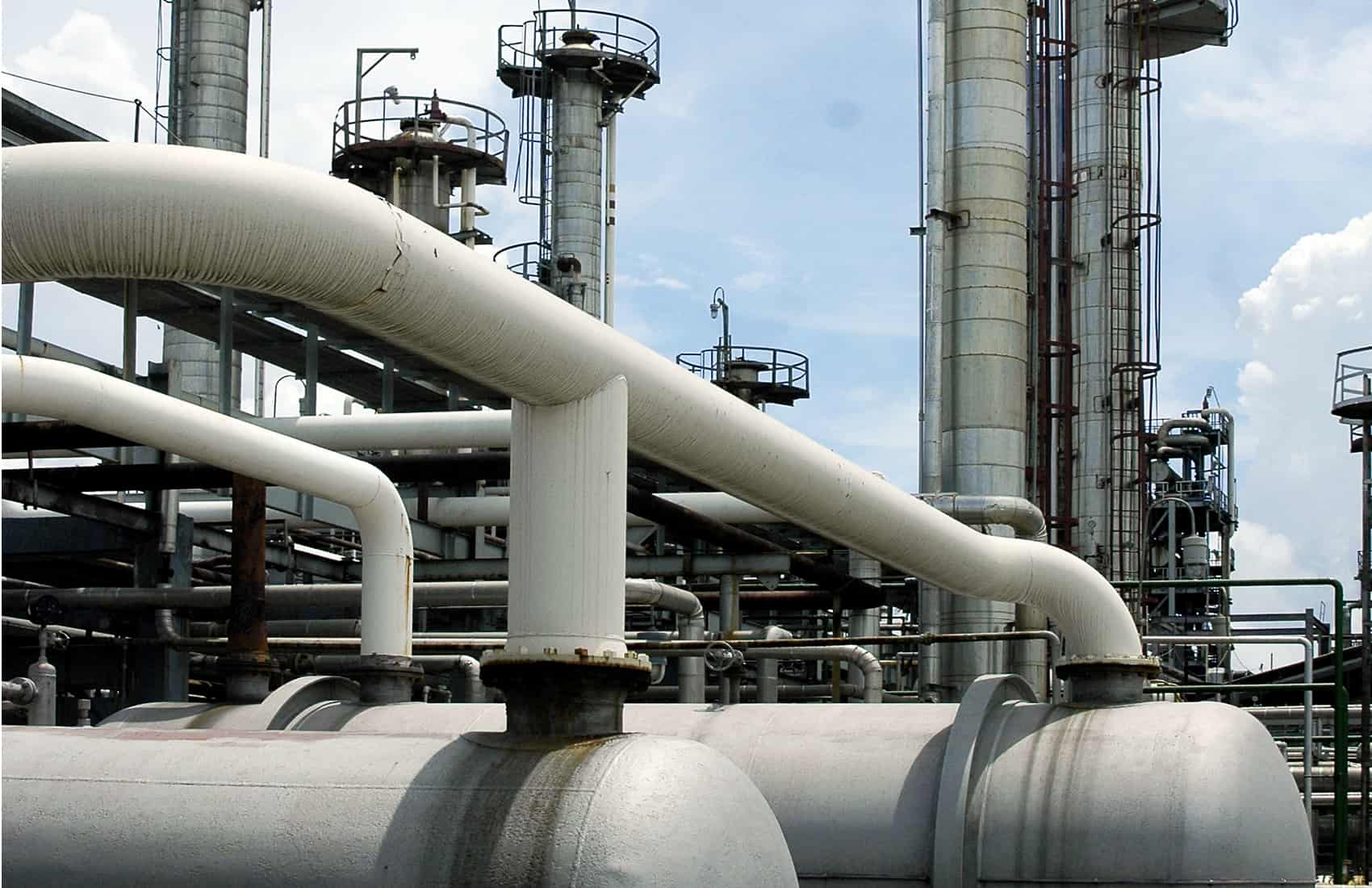Costa Rica’s decision to pull out of a troubled $1 billion oil refinery joint venture with the Chinese National Petroleum Corporation (CNPC) could end up costing the government even more money after the joint venture spent tens of millions of dollars on a project that never got off the drawing board.
National Oil Refinery President Sara Salazar acknowledged during a news conference Wednesday morning that the refinery, known by its Spanish acronym, RECOPE, could face the possibility of paying compensation to CNPC if both sides can’t come to an agreement on how to liquidate the Chinese-Costa Rican Reconstruction Corporation (SORESCO).
RECOPE Legal Affairs Director Mayid Brenes said he hoped that the “good faith” agreement between China and Costa Rica would prevent any problems. At this writing, CNPC had not requested damages.
But if Costa Rica did have to pay, it wouldn’t be the first time the government had to compensate a company for cancelling a large infrastructure project. President Laura Chinchilla’s administration agreed to pay the Brazilian construction company OAS $35 million in damages in 2014 after it cancelled the controversial concession to build a tollroad between San José and San Ramón, Alajuela.
Under the original agreement for the oil refinery, China and Costa Rica put $50 million each towards SORESCO. Of that $100 million initial investment, more than $59 million has been spent on various engineering and feasibility studies since the project’s inception in 2007, Salazar told reporters.
See a summary of costs incurred by the project up to January 2016:
[documentcloud url=”http://www.documentcloud.org/documents/2806784-SummaryCostsOilRefinery.html”]
Besides the threat of damage payments, SORESCO is also under scrutiny for corruption. The Prosecutor’s Office confirmed to The Tico Times that there is an on-going investigation into possible embezzlement, influence peddling, and dereliction of duty. The investigation has been active since 2012 but no one has yet been charged, according to an email from Prosecutor’s Office spokeswoman Tatiana Vargas.
Ruling Citizen Action Party (PAC) lawmaker Ottón Solís released a statement Wednesday afternoon blasting RECOPE’s representatives for even considering damage payments to CNPC. Solís argued that under the contract, there are no grounds for compensation because the feasibility studies were never approved.
Solís said the blame for the boondoggle lies with CNPC. The Chinese company opted to use one of its own subsidiaries, Huanqiu Contracting & Engineering Corp., to carry out the feasibility study. The Comptroller General’s Office ruled in 2013 that this constituted a conflict of interest, effectively paralyzing the project.
Salazar’s comments Wednesday attempted to simultaneously distance the Solís administration from the project and defend it. Salazar laid out a timeline of attempts by the Solís government to revive the project: Solís and Chinese President Xi Jinping met in Brazil in July 2014 to discuss restarting the refinery project. In November 2014, Environment Minister Edgar Gutiérrez traveled to Beijing to discuss the project.
In May 2015, RECOPE presented an option to SORESCO to select another company to carry out the feasibility study, but according to Salazar, CNPC would not agree to it, saying the contract would have to be renegotiated.
On April 14, RECOPE publicly acknowledged that its board had voted to end RECOPE’s involvement in SORESCO and to liquidate the project.
On Monday, a Chinese foreign ministry spokesman in Beijing said China’s government had “noticed” the reports about Costa Rica scrapping the venture.
“The Chinese side attaches importance to its firm relationship with Costa Rica,” he said. “With regards to problems emerging from cooperation, we hope that companies from the two sides will continue to increase communication, understand each other’s concerns and find an appropriate settlement.”
Deputy Foreign Minister Alejandro Solano said that he did not believe the dissolution of SORESCO would jeopardize the country’s relationship with China, which he said went far beyond the joint venture.
Besides the failed refinery, China still has a major infrastructure project in the works here. Costa Rican lawmakers overwhelmingly voted last year in favor of signing a $395 million loan from the Chinese government to fund the expansion of Costa Rica’s Route 32, the main highway connecting San José and the Caribbean province of Limón.
Under the contract, China Harbour Engineering Company will be the sole developer and use only Chinese workers, caveats that raised concerns among some of the lawmakers who opposed the contract.
Despite the refinery boondoggle, Salazar said that a “modern, efficient” refinery was still in Costa Rica’s energy security interests. She said that RECOPE, which hasn’t refined petroleum since 2011, would continue looking into the possibility of a new refinery.
AFP contributed reporting from Beijing.






